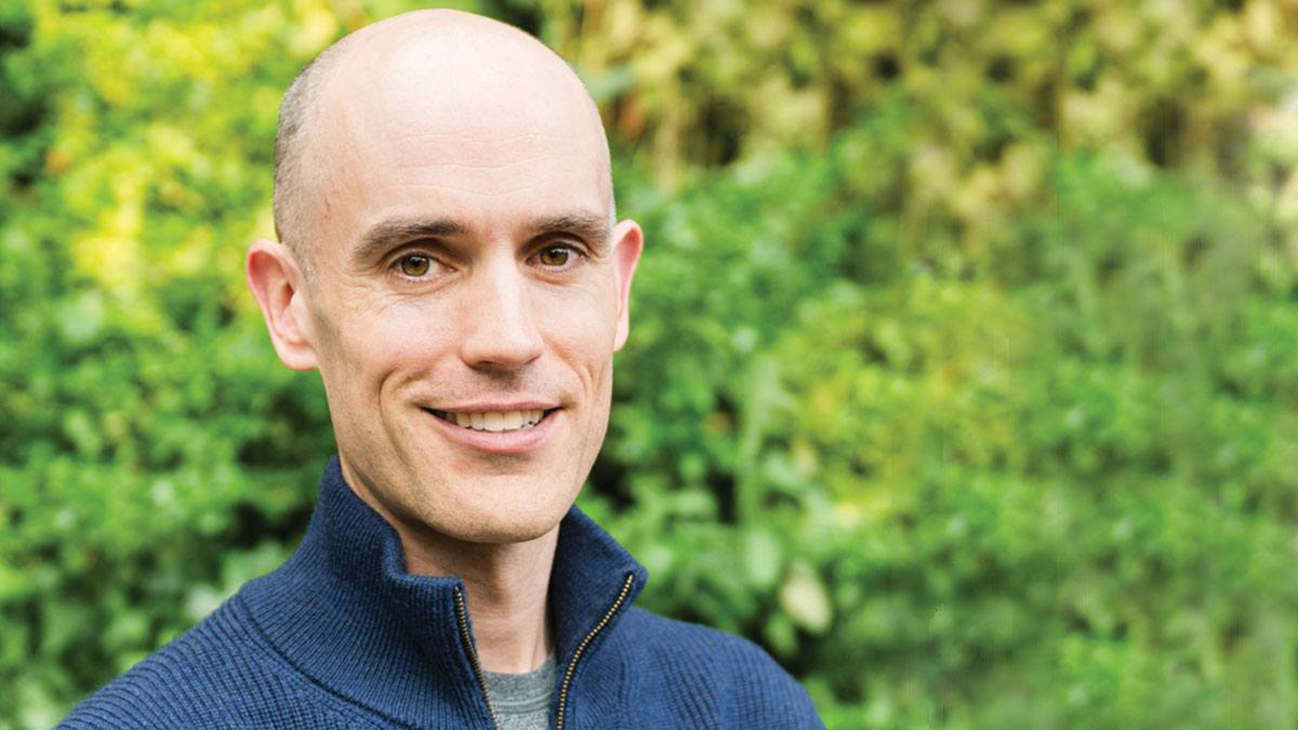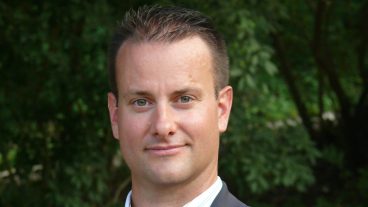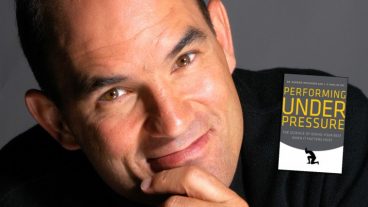Award-winning journalist Alex Hutchinson draws on his experiences as an elite long-distance runner for Canada’s national team and as a scientist to explore the limits of human performance. His New York Times bestselling book Endure: Mind, Body, and the Curiously Elastic Limits of Human Performance, was recently a featured read for the Next Big Idea Club curated by Malcolm Gladwell, Susan Cain, Adam Grant, and Daniel Pink.
In Endure, Alex tries to answer the fundamental questions of “what’s holding you back”? Through sharing astonishing tales of Antarctic explorers, freedivers, and other extreme athletes combined with his own visits to labs around the world, he reaches the remarkable conclusion that our limits, even those that feel purely physical, are only set in our brain and are always negotiable.
Acclaimed journalist Malcolm Gladwell interviewed Alex on his new book earlier this year as part of the Next Big Idea Club to discuss how we can reach the hidden extra potential within us all. Watch the interview in the video below and read a segment from the interview, or see the original article here.
Gladwell: I thought of that when I was listening to the Lance Armstrong podcast, Forward. He had on a number of his former riding mates and they were all reminiscing about what it was like to be on the Tour de France. They started talking about these brutal climbs, when the weather was freezing, and they’re on the bike for a ridiculous number of hours climbing some massive mountain.
There were several things that were fascinating. The first fascinating thing was how much they clearly enjoyed not just the memory, but they enjoyed the experience of suffering in that way. And then they segued in this wonderful conversation [to their] children and their great anxiety as a parent, [which] is that they didn’t know whether they would be able to instruct their children in the joys of suffering. This is what you’re getting [at,] right? That there’s something quite unique about the mindset of these endurance heroes.
Hutchinson: We look for all the secrets [behind] the ways great athletes become great. On some level, they enjoy hurting—they don’t enjoy extreme pain, but you hear people talk about pain [positively,] “I felt alive during that moment. It was hard, but I felt alive.” I would bet that someday we’ll be able to identify that some people are wired to enjoy pain a little bit.
It can be a glorious thing to be uncomfortable. As a kid, initially, I loved the idea that you could stop running. It was only over time that I learned to acquire a taste for it.
Gladwell: Before I read your book, my first assumption would be the difference between a truly elite endurance performer of any kind and me is that they can achieve at levels without pain that I can’t. In other words, if I compare myself to the greatest distance runner in the world, they’re so fit that they can run near a world record time and not actually suffer the way I suffer. But what you’re saying is different—that not only are they better physiologically, but they also suffer [and] are fine with it.
Hutchinson: This one of the great debates, right? Say Haile Gebrselassie ran a marathon in two hours and Joe Schmo ran a marathon in four hours. It doesn’t that mean Joe Schmo is twice as tough as Haile Gebrselassie because he was out there for twice as long pushing his limits. There’s no doubt that the greatest athletes have physical abilities that allow them to do things with ease that the rest of us can’t. But an undersold part of that equation is [that] they have trained themselves to deal with pain.
Anyone who has trained for a sport for a long period of time ends up understanding that, yes, their body has gotten bigger, stronger, and tougher. But they’ve also learned to go into that zone of discomfort and learn the difference between a warning sign, and a stop sign. They’ve learned that if you’re breathing hard, or if your legs are feeling heavy, that doesn’t mean, “You’re out of oxygen, you’re about to die.” It just means this isn’t sustainable indefinitely, but you can ignore it. The great athletes learn to tolerate. They don’t necessarily feel pain differently than the rest of us, but they frame it differently. It’s information. And as a result, they can stay in that pain for longer.
Alex Hutchinson speaks on endurance and human performance, and has presented to audiences ranging from the Canadian Olympic Committee’s Own the Podium program to investment bankers and funeral home directors.
Interested in learning more about Alex and what he can bring to your next event? Email us at [email protected].




